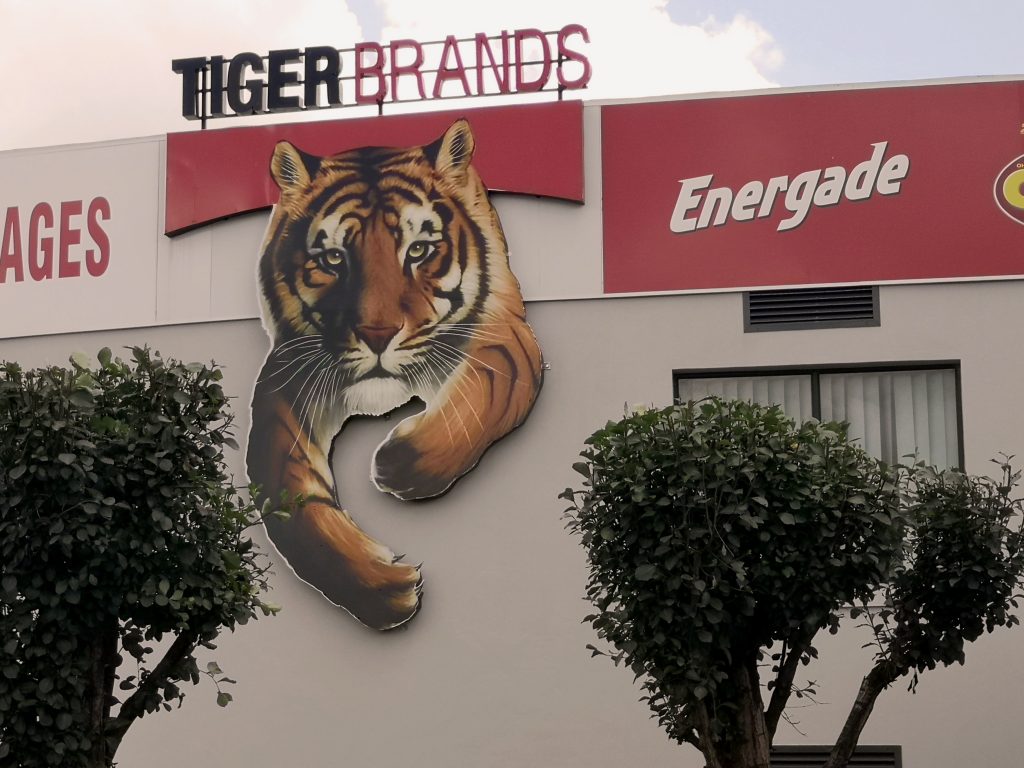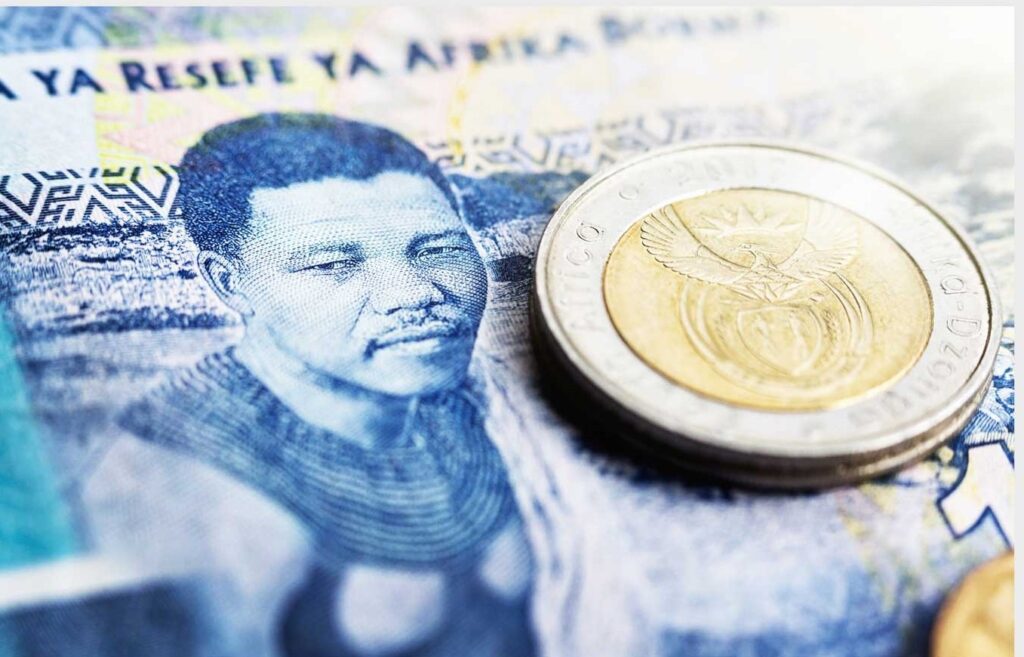Rio Tinto Group agreed to invest in a Chilean lithium project controlled by Codelco as the world’s second-biggest miner continues its expansion into the battery metal.
Unlike it major peers, Rio has targeted lithium as a key growth area, buying projects in Argentina and Australia as it looks to reduce its dependence on iron ore, which is easily it’s biggest earner.
Rio said Monday it that it will will invest up to $900 million in the Salar de Maricunga project in Chile, taking a 49.9% ownership in the process. Codelco will hold the rest of the project. Rio will invest $350 million when the deal closes, while $500 million will be committed upon a final investment decision.
ADVERTISEMENT
CONTINUE READING BELOW
While mining giants BHP Group and Glencore Plc have mostly shunned lithium, Rio is pushing to become a major player in the supply chain of the metal used in electric-vehicle batteries. Taking advantage of a crash in prices driven by oversupply, it’s aggressively expanding its business, targeting large projects it believes will be among those with the lowest costs in the industry.
Rio — one of the world’s biggest exporters of iron ore and suppliers of aluminum, as well as a growing copper producer — agreed last year to buy Arcadium Lithium Plc for about $6.7 billion.
That adds to assets it’s developing in Serbia and Argentina, where the Rincon project is already producing. The company plans to ramp up lithium output as the market tightens toward the end of the decade.
Codelco, Chile’s state-owned copper miner, has been looking for partners for the Salar de Maricunga project after moving into lithium in recent years, with the government aiming to double lithium output over the next decade. Under President Gabriel Boric’s model for the sector, the state will take a controlling stake in operations considered strategically significant, while allowing private firms to retain control of projects in other areas.
Maricunga has the second highest concentration of lithium in the world after the Atacama salt flat and had attracted bids from four companies. Before the joint venture can materialize, legal requirements must be met, including consultations with regulatory entities in Chile and abroad. The deal is expected to be finalized by the first quarter of 2026, according to a statement from Codelco.
© 2025 Bloomberg
Follow Moneyweb’s in-depth finance and business news on WhatsApp here.

 1 day ago
1
1 day ago
1












![[FULL SHOW] Sasol strategy update, Vodacom/Maziv deal, and apple exports](https://www.moneyweb.co.za/wp-content/uploads/2023/11/JimmyMoyaha-safm.jpg)









 English (US) ·
English (US) ·